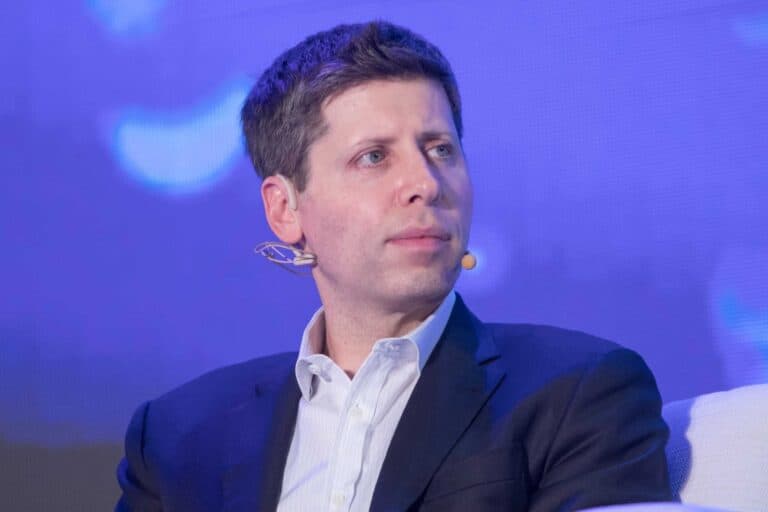Microsoft is prepared to halt negotiations with OpenAI on the future of their multi-billion-dollar alliance. The reason is that OpenAI wants to transform itself into a for-profit company.
This was reported by the Financial Times. According to people familiar with Microsoft’s plans, the software company is considering ending the complex talks with the $300 billion AI start-up if the two sides disagree on crucial issues. One of those issues is the size of Microsoft’s future stake in OpenAI.
In that case, Microsoft would rely on the existing commercial contract to maintain access to OpenAI’s technology until 2030. Unless an offer is made that is equivalent to or better than the current agreements, according to these people. They emphasize that Microsoft is acting in good faith. And that both parties are in daily talks to come up with a proposal, with the hope of reaching an agreement.
OpenAI requires an agreement with Microsoft to finalize its transition from a non-profit structure to a commercial entity. According to OpenAI, this will free up funding and enable an IPO. Microsoft must approve this transition before the end of the year; otherwise, OpenAI risks losing billions in investments from other parties, including SoftBank.
Negotiations on share distribution
Over the past year, the parties have been engaged in intense negotiations regarding the number of shares Microsoft should receive in the new business model in exchange for its investment of more than $13 billion in OpenAI. The possible share distribution varied between 20% and 49%. The parties are also revising the broader contract that was drawn up when Microsoft invested $1 billion in OpenAI in 2019.
Under the current agreements, Microsoft has exclusive rights to sell access to OpenAI models. The company will receive 20% of revenues up to a maximum of $92 billion. According to multiple sources close to the negotiations, Microsoft does not want to compromise on access to OpenAI’s technology or its share of revenues.
The Wall Street Journal reported earlier this week that OpenAI was considering an ultimate threat: accusing Microsoft of anti-competitive behavior within their partnership.
According to someone close to OpenAI, Microsoft’s stance can be described as a tough negotiating tactic, putting pressure on OpenAI. At the same time, however, access to OpenAI’s intellectual property is crucial for Microsoft to maintain its competitive edge with Google and Meta, among others, in the AI market.
Microsoft has begun to reduce its dependence on OpenAI models in recent months. In May, the company made Elon Musk’s xAI’s Grok model available to its customers in the cloud.
Other contract issues
Other parts of the current contract are also being renegotiated. These include Microsoft’s exclusive right to sell OpenAI software via Azure. Additionally, they also have the preferential right to provide infrastructure and access to OpenAI’s intellectual property before the development of general artificial intelligence. The latter refers to a system that autonomously outperforms humans in most economically valuable tasks. This provision is likely to be scrapped.
OpenAI CEO Sam Altman (photo) and CFO Sarah Friar have also indicated that the company is struggling to obtain sufficient computing power to run ChatGPT. The application now has 500 million weekly users.
Two former Microsoft executives involved in managing OpenAI’s infrastructure needs said the relationship between the two parties has come under considerable strain due to Altman’s repeated demands for faster access to more computing power.
Even if the points of contention are resolved, the transaction still needs to be approved by attorneys general in Delaware and California. The restructuring is also being challenged in court by xAI founder Musk. Former OpenAI employees are supporting him in this.
